Human rights groups are calling for an investigation into prison deaths and an end to solitary confinement
A group of organisations have issued a statement after the three deaths that have occurred in Catalan prisons in the last two weeks.
In the last two weeks, three people have died in Catalan prisons. The first case, and the one that got the most media attention, was that of the American tycoon John McAfee, the creator of the first commercial antivirus, who allegedly took his own life on June 22 in the Brians 2 prison, according to the preliminary autopsy.
A few days later, on June 27, an inmate of the Puig de les Basses prison who was in solitary confinement died as a result of a fire in which four more people were injured. The victim had reported bad practices in prisons, warning on several occasions about possible situations of abuse while in solitary confinement.
The 19-year-old girl who was found by officers of Brians 1 last Saturday morning in her cell was also in solitary confinement in a Special Department of Closed Regime (SDCR). Although it has not yet been officially confirmed, all indications point to the fact that the girl, who was serving a 27-month sentence, committed suicide.
Special departments of closed regime: a problem with a long history
"We think it’s important to focus on the fact that these deaths have occurred in solitary confinement, that’s where the main problem lies," Mireia Salazar, lawyer and coordinator of the prison area of Irídia, tells Xarxanet. She highlights the high number of deaths that take place in Catalan prisons, which is even higher, she emphasises, in situations of isolation.
"The situation of deprivation of liberty that imprisonment entails has especially harmful characteristics for both the physical and mental health of people, and these increase considerably in solitary confinement," says Salazar.
In this context, Irídia and a string of other human rights organisations such as the Catalan Association for the Defence of Human Rights, the Association of Relatives of Prisoners in Catalonia and Justice and Peace, among others, have called, once again, for the end of solitary confinement.
It’s a demand that started long ago. Although, as they explain in their statement, thanks to the effect of the work of these organisations some changes have been achieved with respect to this regime, such as a reduction in the number of hours of isolation for people who are in first degree, although not in the case of those that are sanctioned, “the situation is still very serious”.
As Mireia Salazar points out, solitary confinement is "a kind of prison within a prison." The Irídia lawyer explains that the people who suffer this confinement are isolated in their cells, where they can remain between 18 and 20 hours a day, while at the same time many limitations are imposed on them when it comes to participating in treatment activities, for example, which are essential to fulfil the re-socialising and reintegrating function of prison, or with regard to contact with people outside the prison, such as relatives or close acquaintances.
"It all adds up to an increase in the penalty of deprivation of liberty, which in itself already involves many conditions, and that’s why we believe that we must leave behind this practice, which is totally obsolete," says Salazar.
Groups question the practice of solitary confinement and its application
However, not only has it not been left behind, but in fact it’s often applied excessively, as the groups warn, stating that the use of prolonged solitary confinement in Spain and Catalonia has caused concern in international organisations, such as the United Nations Committee against Torture.
At the same time, they recall that the United Nations Minimum Rules for the Treatment of Prisoners, known as the Mandela Rules, forbid solitary confinement for more than 15 consecutive days, "an amount of time widely exceeded on numerous occasions due to prolonged first-degree sentences and accumulated sanctions”.
"We know that solitary confinement for more than 15 days has irreversible physical and mental consequences, and we have the feeling that it’s being applied excessively and in many cases where it’s clear that it isn’t an appropriate measure at all, such as on inmates with mental health problems”, underlines Mireia Salazar.
However, the groups claim that it’s very difficult to shed light on the reality of what is happening in the SDCR, which are locations surrounded by an enormous opacity that makes it difficult to supervise them. "If it’s already difficult to obtain information about what goes on in prison, although it’s true that progress has been made in this regard and we value it positively, we can clearly say that it’s very difficult for us to know what really goes on in the DERT”, says the Irídia lawyer.
Suicides increased by 60% in 2020
Another matter the groups point out is the increase in suicides in prisons. Those of John McAfee and of the inmate of Brians raise to four the cases of people who have taken their own lives in Catalan prisons so far in 2021. A worrying situation, given that last year suicides increased by 60%, to a total of eleven, four of them being people who were in solitary confinement, according to data from the Department of Justice of the Generalitat.
Irídia and the rest of the groups demand that these deaths be thoroughly investigated, that in-depth, rigorous and rapid research be carried out on their causes and that precautionary measures be taken to preserve all evidence regarding the facts. "It seems to us a key element because we must keep in mind that behind these losses there are relatives who in their day to day can’t be with these people deprived of liberty and these are deaths that take place in a situation of opacity such as prison, in the custody of the administration”, point out Salazar.
In this regard, the groups also call for the creation of an effective communication protocol for relatives of people who die in prison, which must involve the Department of Justice, the attorney general and the courts. Salazar explains that families and individuals, in the face of such a harsh reality, often find themselves in “a situation of misinformation on the part of the administration, which generates added anguish and intensifies these ghosts and demons about the circumstances surrounding the death, which is not desirable for anyone", she concludes.
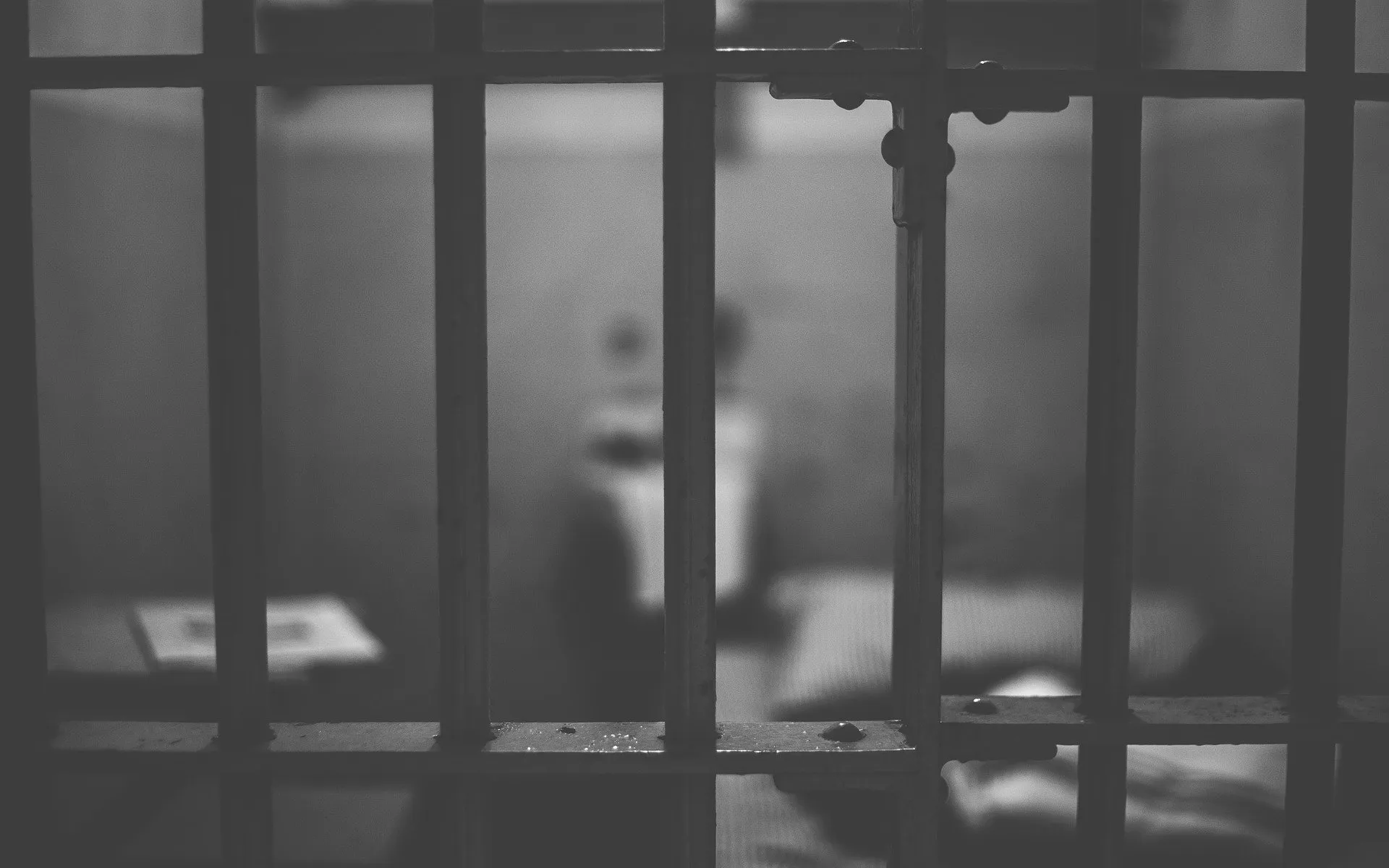
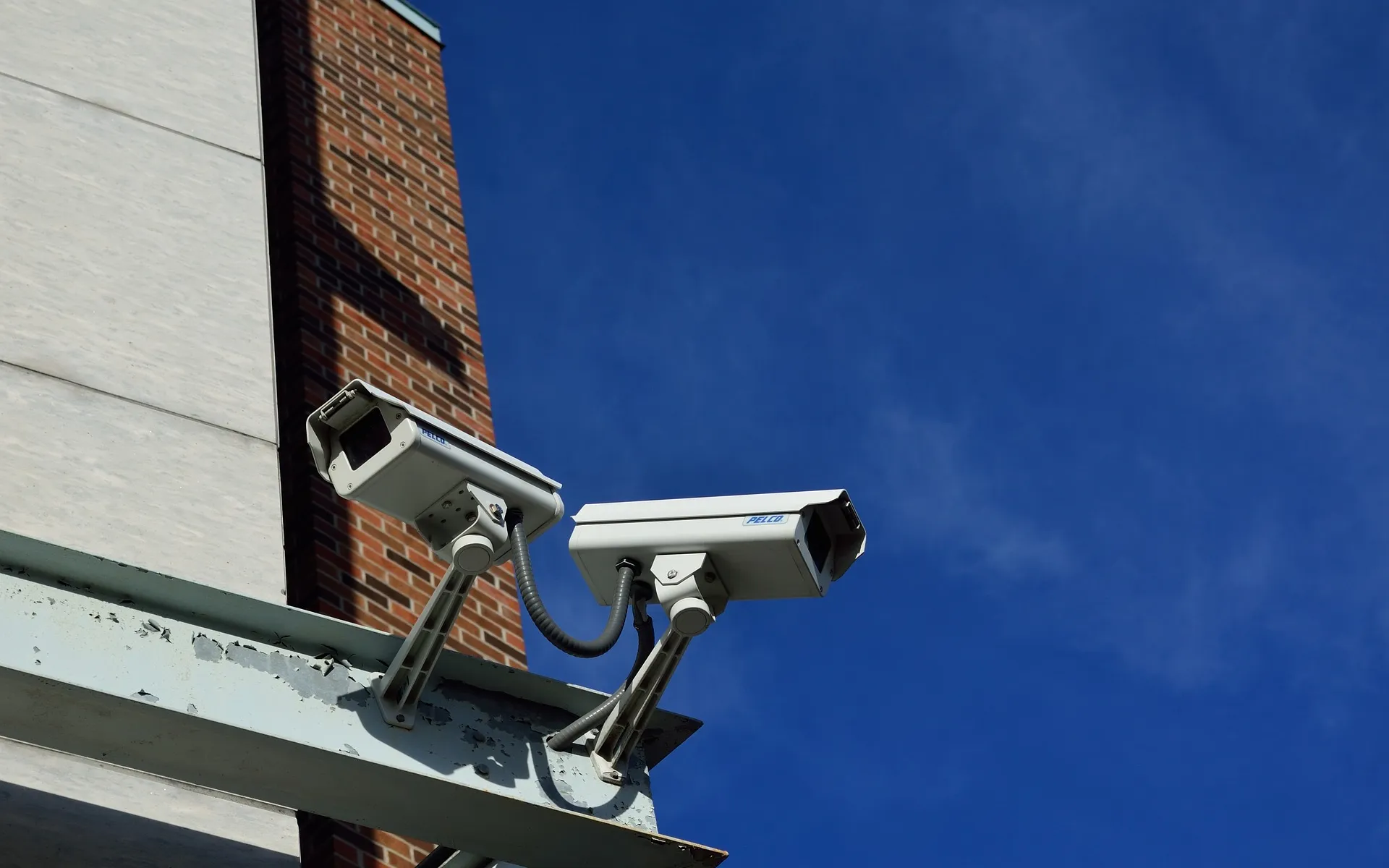


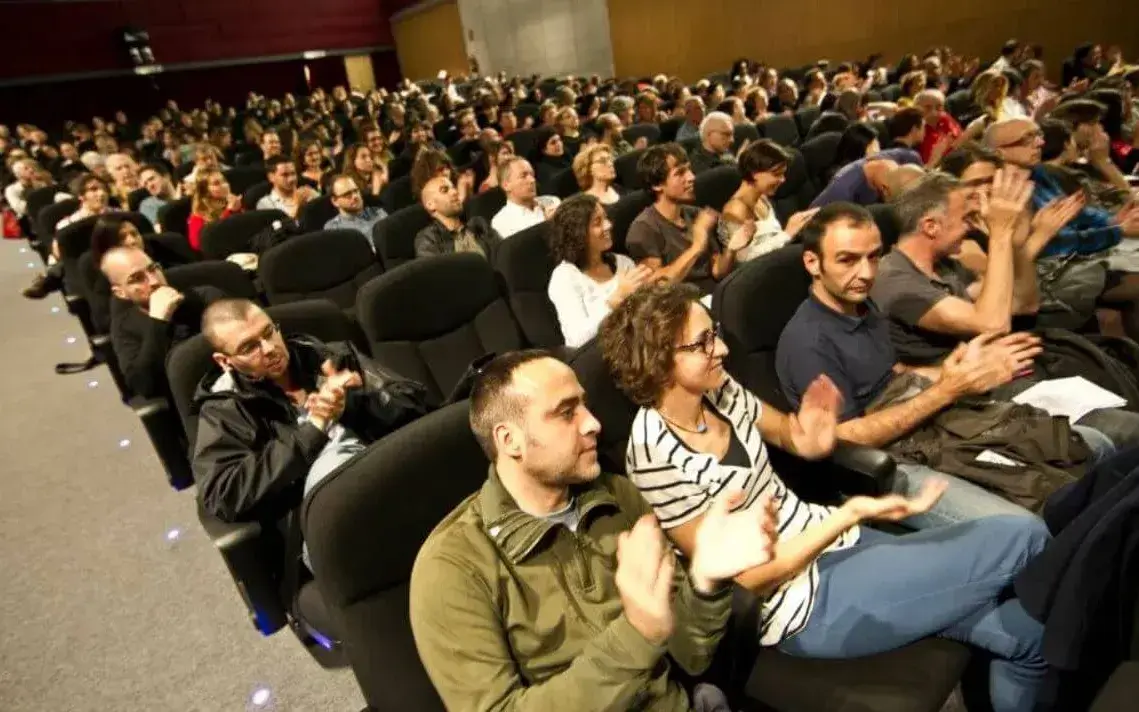
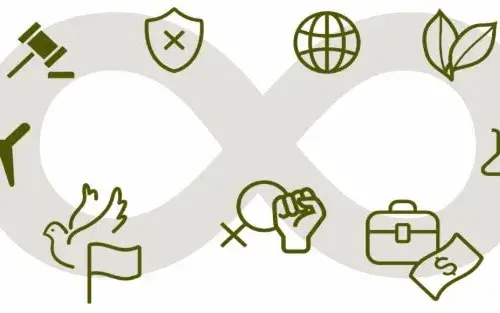
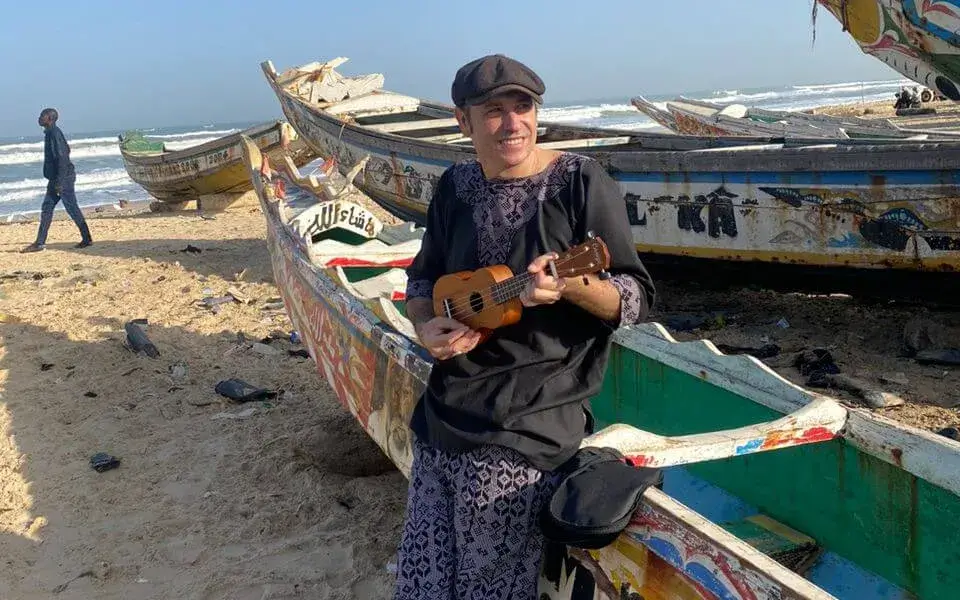
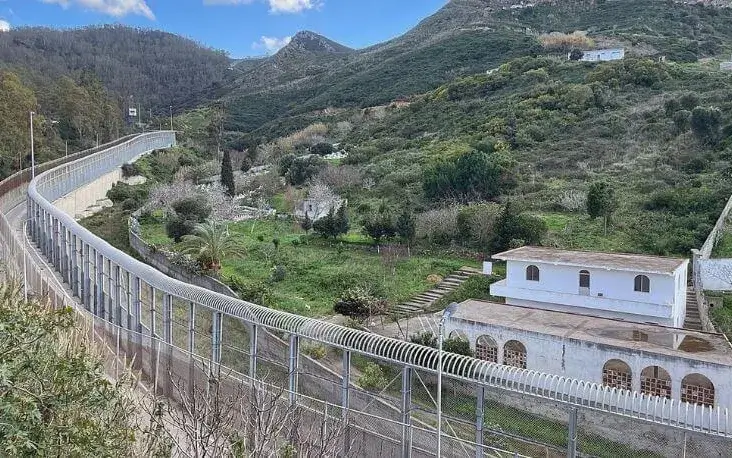
Add new comment